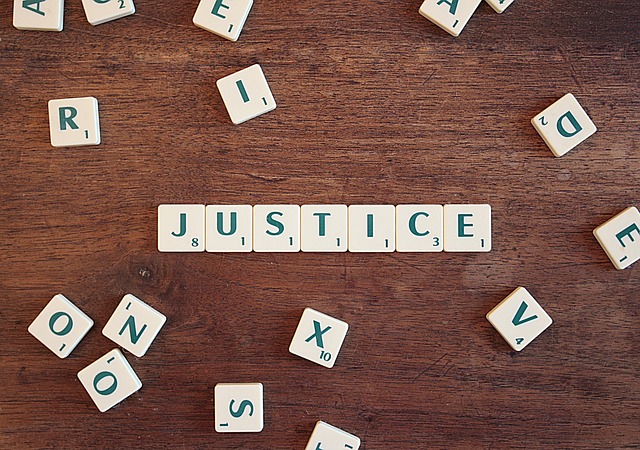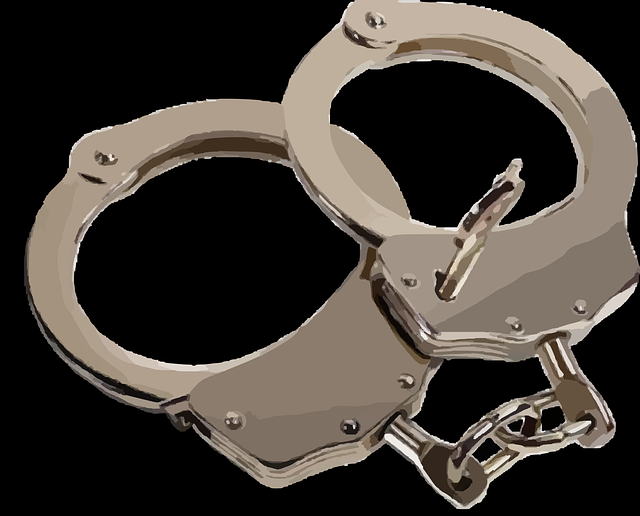Whistleblower protection lawsuits are crucial for consumer protection, offering robust legal protections and incentives like compensation, dismissal of charges, and jury trials. In these cases, compensation is vital to righting corporate misconduct's wrongs, including restitution, damages, and punitive measures. A strategic approach, involving evidence documentation, public interest harm demonstration, and community connections, ensures success in navigating complex lawsuits. This process leverages consumer protection laws that incentivize whistleblowers while providing just compensation for their efforts.
“Uncovering Wrongdoings, Protecting Whistleblowers: An In-depth Guide to Lawsuits and Rewards. Whistleblower protection lawsuits play a pivotal role in holding corporations accountable for harmful practices, especially in consumer protection cases. This article offers a comprehensive overview, breaking down critical aspects like rights and protections for whistleblowers, compensation strategies in consumer protection lawsuits, and winning legal challenges. Discover the steps and insights to navigate these complex matters, ensuring justice is served and rewards are attained.”
- Understanding Whistleblower Protection Lawsuits: Rights and Protections for Individuals
- Compensation in Consumer Protection Lawsuits: Key Elements and Strategies
- Navigating Legal Challenges: Steps to Win Whistleblower Protection Cases
Understanding Whistleblower Protection Lawsuits: Rights and Protections for Individuals
Whistleblower Protection Lawsuits empower individuals to come forward with information about illegal or unethical activities within their organizations, without fear of retaliation. These lawsuits are a crucial component of consumer protection, as they shine a light on corporate misconduct that could harm the public. When whistleblowers take this courageous step, they often face significant personal risks, including loss of employment and even legal repercussions.
Understanding whistleblower protections is vital for anyone considering coming forward. Federal and state laws offer various rights and safeguards to ensure individuals are not wrongfully punished for blowing the whistle. These protections can include a complete dismissal of all charges, the right to jury trials in some cases, and access to general criminal defense services. The goal is to incentivize individuals to act as watchdogs, ensuring consumer protection without unduly burdening them personally.
Compensation in Consumer Protection Lawsuits: Key Elements and Strategies
In consumer protection lawsuits, compensation plays a pivotal role in ensuring that individuals who have suffered harm due to corporate misconduct are appropriately remunerated. Key elements of successful compensation include restitution, damages for economic losses, and punitive damages to deter future unethical practices. Restitution aims to return consumers to their pre-harm state, covering costs such as repairs or refunds. Economic loss damages compensate for tangible out-of-pocket expenses incurred by the victims. Punitive damages, awarded in cases where corporate behavior is especially egregious, serve to punish the wrongdoers and deter others from engaging in similar conduct, thereby protecting both the philanthropic and political communities.
Strategies for achieving fair compensation involve a comprehensive understanding of all stages of the investigative and enforcement process. Legal teams must gather thorough evidence, including documentation of losses, communications with the alleged wrongdoer, and any relevant policies or procedures that contributed to the misconduct. By presenting this compelling case, plaintiffs can negotiate favorable settlements or secure verdicts that not only provide just compensation but also send a strong message to corporations, encouraging them to adhere to ethical standards and avoid indictment for their actions.
Navigating Legal Challenges: Steps to Win Whistleblower Protection Cases
Navigating Legal Challenges: Steps to Win Whistleblower Protection Cases
Whistleblower protection lawsuits are complex legal battles that require a strategic approach to ensure success. When individuals come forward with information exposing unethical or illegal activities within their respective businesses, they face significant risks. Therefore, it’s crucial for whistleblowers to be well-informed about the legal protections available and the steps necessary to win their cases.
The first step involves understanding the specific whistleblower protection laws applicable to their situation, such as those in Consumer Protection Lawsuits. These laws often provide for compensation to incentivize individuals to come forward with valuable information. For his clients, this means meticulous documentation of all evidence, detailed accounts of wrongdoings, and a clear demonstration of how these actions harm the public interest. Additionally, establishing connections with philanthropic and political communities can offer further support and validation during the legal process.
Whistleblower protection lawsuits play a pivotal role in ensuring corporate accountability. By understanding your rights and employing strategic approaches, such as focusing on compensation in consumer protection lawsuits, individuals can navigate legal challenges effectively. Through meticulous planning and a strong case strategy, these lawsuits empower whistleblowers to seek justice and promote ethical business practices, ultimately fostering a more transparent and fair marketplace.






